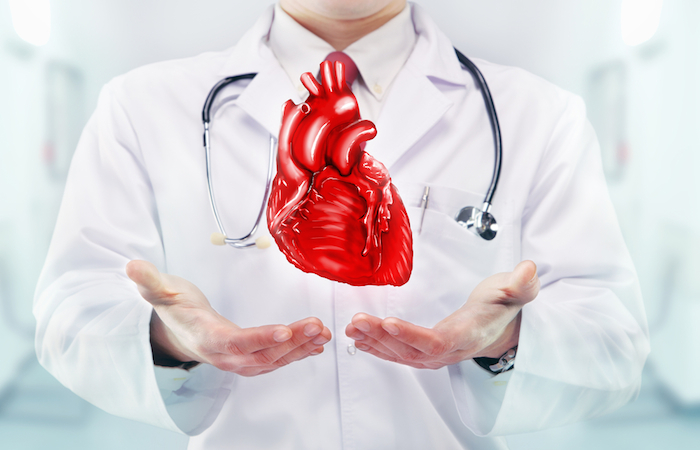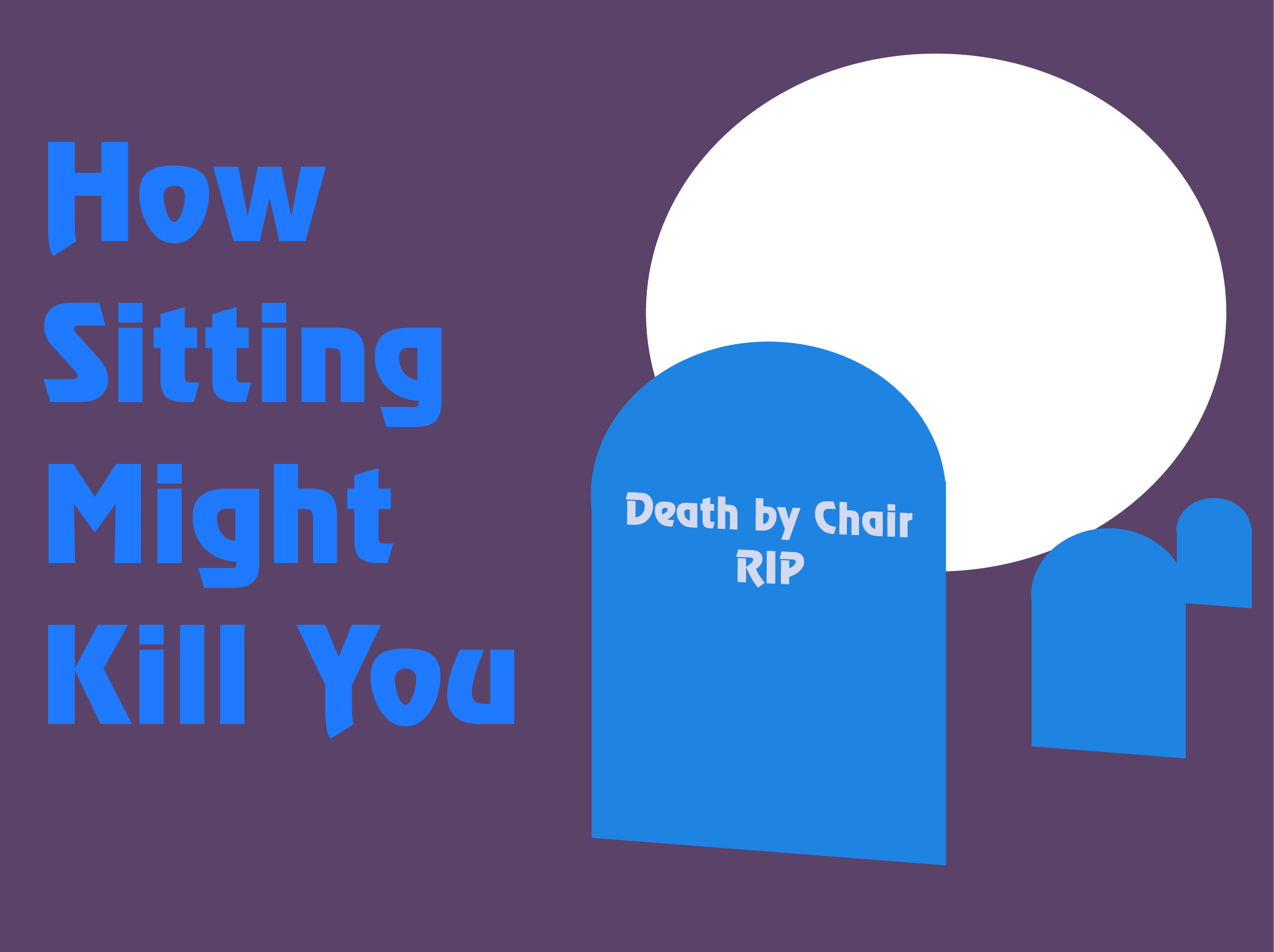Heart Rhythm Society’s Annual “AFib Feels Like” Campaign Educates Salt Lake City Residents on the Common Heart Arrhythmia and Its Connection to Stroke
WASHINGTON, September 9, 2014 — Misconceptions about atrial fibrillation (AF) are common among people nationwide, according to a new survey by the Heart Rhythm Society (HRS). More than half (56 percent) of Americans do not know that AF puts someone at a high risk of having a stroke. People are more likely to assume high risk related to other common factors like smoking, eating fried or fatty foods or drinking a lot of alcohol. In accordance with AF Awareness month in September, HRS calls on Salt Lake City residents to learn the truth about AF and encourages those who suffer from the disorder to talk to their doctors about their increased risk for stroke.
AF is characterized by a rapid and irregular heartbeat caused when the top chambers of the heart (the atria) quiver (fibrillate) erratically, at rates faster than 300 times per minute. It affects more than 2.7 million American adults and accounts for approximately one-third of hospitalizations for cardiac rhythm disturbances.
“The survey results show that there is a great need for education about the connection between stroke and atrial fibrillation. I find it alarming that so many people are in the dark about very important information pertaining to this common, yet dangerous heart arrhythmia,” said John Day, MD, FHRS, Director, Heart Rhythm Services at Intermountain Medical Center and President-Elect of HRS. “As a practicing electrophysiologist in Salt Lake City, I want all residents to know the facts about AF including ways to manage the disorder and live healthy, active lives.”
Common Misconceptions about AF…Very Few Know the Truth
Truth: AF is associated with a four-to-five fold increase in stroke risk compared to patients who do not have AF and 15 people every hour suffer a stroke caused by AF[1].
· Misconception: A startling 59 percent of people did not know AF increases someone’s risk of having a stroke fivefold, furthermore, 79 percent of people did not know that 15 people every hour suffer a stroke caused by AF.
Truth: People living in the Southeast or what has become known as the “Stroke Belt” (Alabama, Arkansas, Georgia, Mississippi, North Carolina, South Carolina and Tennessee) have almost a 15 percent higher risk of stroke, and the death rate from stroke in these states is 30 to 40 percent higher than the rest of the country[2].
· Misconception: 65 percent of Americans were not aware that the Southeast part of the country is at higher risk for stroke.
Truth: Certain over-the-counter and prescription medications, dietary supplements, and herbal remedies can increase the chance of developing arrhythmias and trigger an episode of AF[3].
· Misconception: Fewer than one in five (18 percent) know that over the counter medicine could bring on an AF episode.
HRS encourages Salt Lake City residents to take the following steps to help prevent AF:
5 Tips for Lowering the Risk of Developing a Heart Arrhythmia:
1. Eat your way to a healthy heart. Maintaining a healthy weight, and eating a healthy diet with plenty of vegetables, fruits and other vitamin-rich foods is important to reducing heart disease and lowering the risk of arrhythmias.
2. Control your cholesterol levels. High cholesterol levels can clog arteries and increase your chance of developing arrhythmias. Consult your doctor if your total cholesterol exceeds 200.
3. Learn about side effects of medications. Whether over-the-counter or prescription, side effects vary and interactions can occur. Always talk to a healthcare provider before taking any medication or supplement.
4. Keep your blood pressure low. Hypertension is one of the major risk factors for stroke and atrial fibrillation. Ask your doctor what your target blood pressure should be and about using a home blood pressure monitor if needed.
5. Tell your doctor right away about any unusual symptoms you have. Racing, pounding or fluttering of the heart are all signs of AF. If you experience any of these, consult your physician who may refer you to a heart specialist called an electrophysiologist.
For more information about the Heart Rhythm Society and the “AFib Feels Like” Campaign, please visit, www.hrsonline.org.
About the Heart Rhythm Society
The Heart Rhythm Society is the international leader in science, education and advocacy for cardiac arrhythmia professionals and patients, and the primary information resource on heart rhythm disorders. Its mission is to improve the care of patients by promoting research, education and optimal health care policies and standards. Incorporated in 1979 and based in Washington, DC, it has a membership of more than 5,800 heart rhythm professionals in more than 72 countries around the world. For more information, visit www.HRSonline.org.
[1] 15 Every Hour
[2] Neurology
[3] Mayo Clinic




No Comment